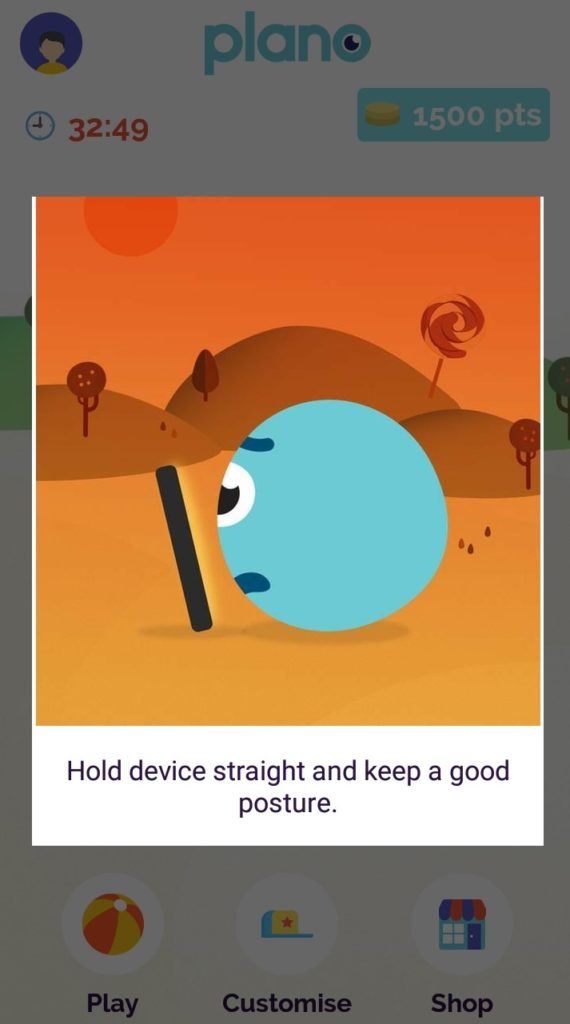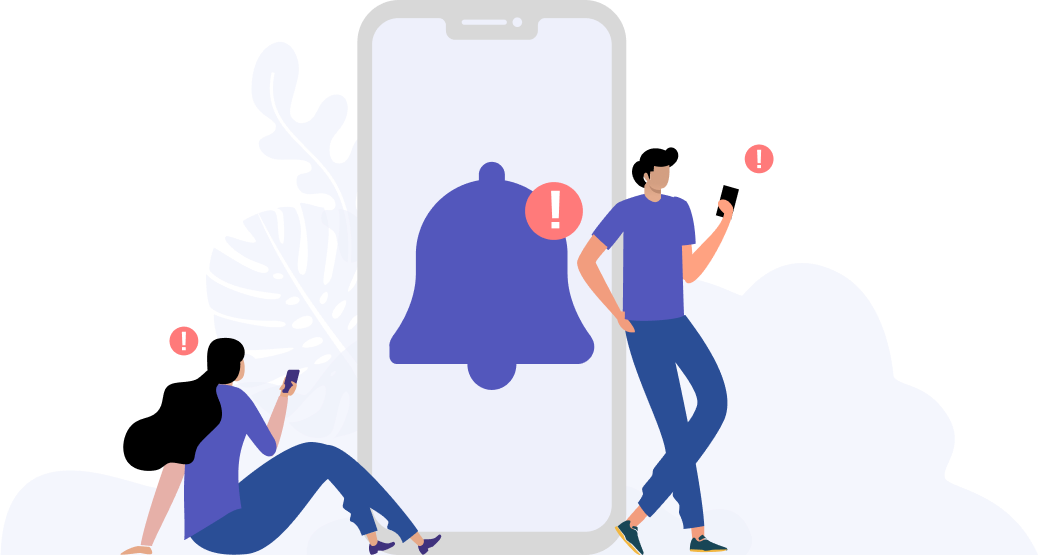How Does Screen Time Affect Your Child’s Posture?

Every day, we see our children hunched over their phones for hours. Spending excessive amounts of screen time can affect their posture detrimentally and we need to stop it before it’s too late.
Your mother knew what she was talking about.

“Sit up straight! Don’t slouch! Shoulder’s back!”
How many of us remember our mothers barking at us to correct our posture when we were little? How many of us remember feeling disgruntled as we reluctantly straightened our backs? Some of our mothers may have even had a ruler to measure how straight our backs were. Despite being a full-fledged adult today, I still shudder when I think about that ruler.
As much as we may hate to admit it, she was right. Our mothers knew what they were talking about (as they always do). And like a chip off the old block, we nag at our own children to correct their posture every time they use their phones.
The text neck syndrome

It’s as if their phones possess a magnetic force that pulls their necks and eyes closer to the screens. Known as ‘text neck‘, our children tend to slouch and bend their heads down and forward during prolonged periods of screen time. Tilting it forward for a long period of time can place a lot of strain on your child’s neck – which is a lot of pressure on such a delicate area of your child’s body. Slowly but surely, too much screen time will affect your child’s posture and this could snowball into something far worse. According to Miller and Wong, ‘text neck’ can lead to the “inflammation of the neck ligaments, nerve irritation and increased curvature in the spine.”
Children with text neck have rounded shoulders, tenderness, stiffness, soreness and weakness in their neck, back, and shoulder muscles. And the longer they go on without correcting their posture, the longer these symptoms will persist, and the harder it is to cure.
Already, we adults are beginning to feel the aches and pains of age with lower lumbar pains and stiff backs. We wouldn’t want our children to feel the same at such a tender, young age, would we?
The use of mobile phones have become an important component of the 21st Century. So, before we begin throwing out the phone and eliminating screen time altogether, here are some steps we can take to safeguard our children from text neck:
1. Raise it up

If your child constantly places the phone on his/her lap, it is likely that he/she has to constantly tilt his/her head forward to view the screen. If this goes on for more than a couple of minutes, your child’s prolonged screen time will affect his/her posture.
To prevent this, simply remind your child to raise his/her phone to eye level so that he/she doesn’t need to tilt his/her head forward to see the screen. That way, your child immediately corrects his/her posture and relieve the pressure and strain on his/her neck.
2. Get your head in the game
No, not literally the games that your little one plays on their phone. Rather, if your little one can’t get his head out of that little screen, then you can try to get into his device with plano! The plano app is a parental management app that runs in the background of your child’s phone and encourages responsible device use among children.

If your child is using his/her phone with poor posture, the plano app will prompt your child to correct it with a notification*. Your child will only be allowed to continue using the phone once he/she adjusts his/her posture. Not only that, the app will also remind your child to take a break from his/her phone every 30 minutes to curb excessive screen time.
A head’s up.

Our children’s bodies are constantly developing and every little habit can contribute to their overall health. Screen time not only affects your child’s posture, but it can also lead to the advancement of myopia and screen addiction. Without a doubt, it’s important we nip those bad habits in the bud before they develop into an irreversible consequence.
*subject to your device’s technical capabilities
Tools Designed for Healthier Eyes
Explore our specifically designed products and services backed by eye health professionals to help keep your children safe online and their eyes healthy.





